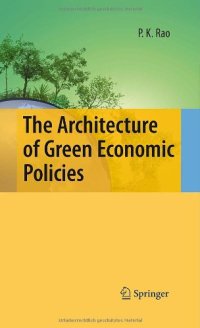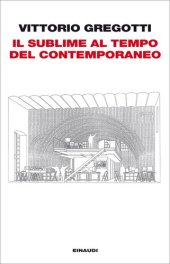
Ebook: The Architecture of Green Economic Policies
Author: P.K. Rao (auth.)
- Genre: Economy
- Tags: Environmental Economics, Economic Policy, Climate Change
- Year: 2010
- Publisher: Springer-Verlag Berlin Heidelberg
- Edition: 1
- Language: English
- pdf
The role of environmental analysis in economic policy making has remained largely limited despite vast literature on environmental economics and governance. An effective integration of economic and environmental sciences with pragmatic design of institutions and policies is still urgently needed for practical use. This book offers a policy framework for economic policies that meaningfully integrate environmental and ecological resource factors. Based on analyses and new insights on sustainable development, this book provides pragmatic approaches for economic policy formulation and implementation, as well as for institutional reform. Thematic aspects include trade and environment, poverty and environment, recognition and accounting of factor limitations beyond traditional economic analyses, and an efficient choice of market and regulatory regimes for effective economic, environmental and social governance.
"It is heartening that an outstanding economist like Prof. P K Rao has written this volume on the Architecture of Green Economic Policies. I believe it is only when economic policies assume a green hue that we would be able to make a dent on the increasing environmental problems that human society and all living species are going to face in the future."
Dr. RK Pachauri, Chairman, Intergovernmental Panel on Climate Change & Director General TERI
The role of environmental analysis in economic policy making has remained largely limited despite vast literature on environmental economics and governance. An effective integration of economic and environmental sciences with pragmatic design of institutions and policies is still urgently needed for practical use. This book offers a policy framework for economic policies that meaningfully integrate environmental and ecological resource factors. Based on analyses and new insights on sustainable development, this book provides pragmatic approaches for economic policy formulation and implementation, as well as for institutional reform. Thematic aspects include trade and environment, poverty and environment, recognition and accounting of factor limitations beyond traditional economic analyses, and an efficient choice of market and regulatory regimes for effective economic, environmental and social governance.








